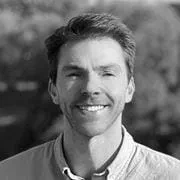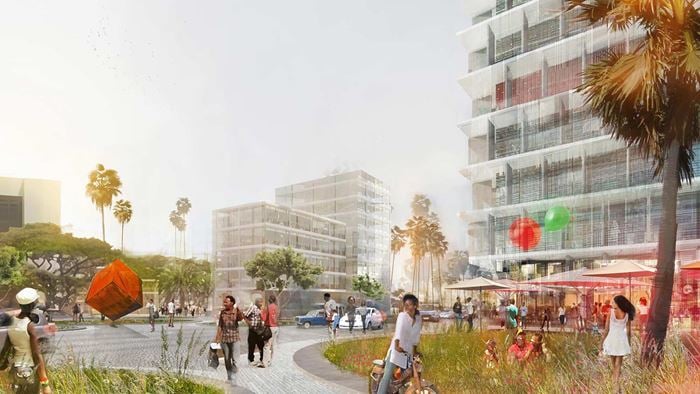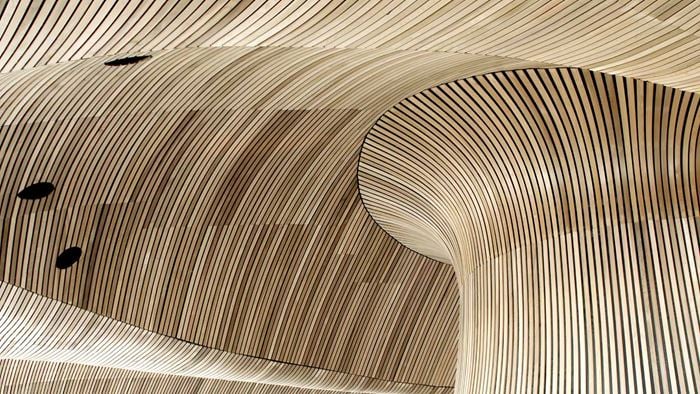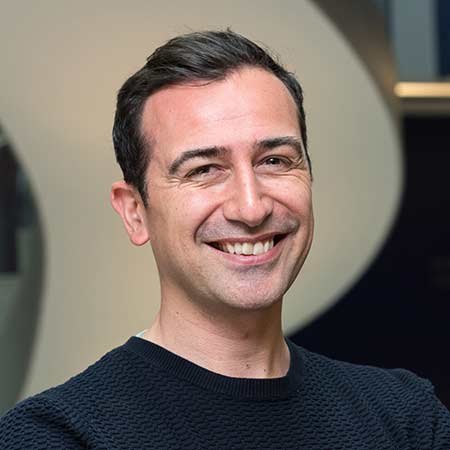Towns and secondary cities in Eastern Partnership countries1 face a unique set of challenges in their journey towards resilience. Population displacement, an ageing workforce, urbanisation and climate change are creating complex dynamics especially in smaller towns of up to 30,000 citizens, who lose inhabitants to the larger towns and cities.
So how can cities engage the local community to address these issues and pivot towards a greener, more resilient economy?
The European Union (EU) and United Nations Development Programme (UNDP) are working with secondary cities in the Eastern Partnership countries – Armenia, Azerbaijan, Georgia, Moldova and Ukraine - to tackle these issues and drive transformation as they transition towards a green economy. Arup has been commissioned alongside EU’s EIT Climate-KIC and Estonia’s TalTech University to develop and support the implementation of a new generation of Local Economic Development Plans, designed to enhance inclusive economic growth and job creation.
Under the Mayors for Economic Growth2 (M4EG) facility, a joint initiative of the EU and UNDP, our urban economists, sustainability consultants and stakeholder engagement specialists will help strengthen the capacity and capability of local governments to invest in projects that deliver tangible benefits to residents.
Project Summary
5 Eastern Partnership countries involved
400+of municipalities will have access to the online Urban Learning Center
30,000+inhabitants in each municipality to benefit from enhanced inclusive economic growth
An opportunity for local economic development
Key to this work will be enabling local governments to use more inclusive and democratic methodologies such as citizen assemblies and participatory budgeting, to co-design portfolios of investable projects with citizens. This will unlock new ways to attract investment and opportunities to enhance quality of place while stimulating sustainable economic growth.
Working closely with UNDP, Arup is leading the overall management and delivery of the project, while partners Climate-KIC and TalTech will act as connectors to other EU city programmes and policy makers, advising on systems innovation, investment portfolio design, learning pathways and providing local insight.
Shaping a transformative vision
The new economic planning methodology is being designed to help local authorities set their vision for an “urban makeover”, looking to re-invent the cities driven by a green and digital focus, while remaining grounded in the identity of the place. Targeting relatively smaller cities of between 30,000 to 40,000 citizens, some as low as 10,000, the plans will help municipalities look at how their economies are working and what industries and international certifications or standards will need to be present to be competitive in a global economy over the next 10 to 15 years.
The objectives, planning process and guidance align with international best practice, including the EU’s Green Deal, and the implementation of the Economic and Investment Plan for the Eastern Partnership region and the UN’s Sustainable Development Goals (SDGs).
“We’re helping local authorities build resilience thinking into their vision and economic planning process, navigate the economic system to leverage their assets and mobilise their citizens through participatory processes to position their economy in the context of local and global change. ”
Luke Thompson Associate
Helping cities attract private investment
Key to attracting investment will be the quality of the projects and strong propositions that are scalable to other parts of the country. Our experience of working closely with multilateral banks and our early involvement in the local economic planning will help the municipalities ensure their propositions meet the banks’ robust investment criteria.
The process and guidance will enable a more dynamic, responsive and bottom-up approach to economic planning to realise this local vision across all systems, moving from linear solutions to a portfolio of options making cities more attractive for people and investment.
Fostering continuous learning across cities
Ongoing engagement, consultation and collaboration between a diverse range of city stakeholders as well as regular monitoring are fundamental to the increased adaptability of the development plans. To strengthen the capacity of local governments to maintain this, we have developed the Urban Learning Center (ULC), which will introduce a range of tools and knowledge sharing approaches to drive these sustainable ‘urban makeovers’, featuring foresight, social and community listening, sensemaking, adaptive and agile management, and learning and monitoring effects.
“Designed as a ecosystem connecting M4EG members, the Urban Learning Center (ULC), will help local governments to adopt and maintain this approach, with every member being both a learner and contributor. ”
Tim Hawley Associate Director, Arup
Launched in December 2022 via the SparkBlue online platform, the ULC learning ecosystem offers various learning and mentoring opportunities, best practice examples, knowledge management and a support network throughout the whole process of reimagining urban and local spaces for transformative change and future-readiness. Members can access our consultancy expertise across multiple disciplines from economics and infrastructure planning to stakeholder engagement.
Drawing on Arup University’s pedagogy experts to shape discovery workshops, learning modules and other education tools, the ULC will enable rapid capacity building and continuous impact-oriented learning in the municipalities. The UNDP’s ambition is that this will become a global resource that emerging economies can use to access tools for investment programme development and economic planning.
“ Arup and the consortium partners have helped us to shape a learning ecosystem that will enable municipalities to be even more active and adaptive shapers of positive transformative change. This will help create the conditions for private sector-led economic growth and employment generation within planetary boundaries. ” Tina Stoum M4EG Regional Lead, UNDP
2 EIT Climate-KIC: Europe’s largest climate innovation agency focused on the rapid, broad-based systems transitions we now need to build prosperous, resilient, net-zero-carbon societies in time.
 ;
;









